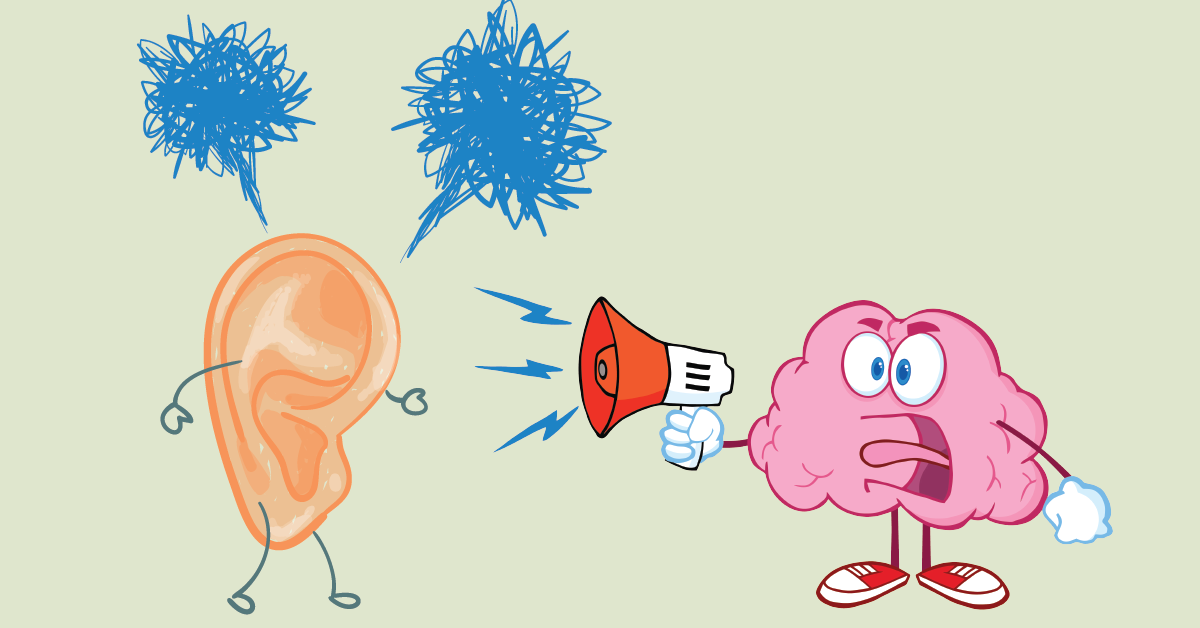Hearing loss and tinnitus are often found hand-in-hand. Approximately 90 percent of people with tinnitus have hearing loss too. How do you know if you’re one of them?
Do any of the following sound familiar…?
- People talk far too softly these days. And they mumble too
- You turn the TV volume up so loud your family have started hiding the remote control
- You struggle to follow conversations in noisy places, so end up nodding and smiling hoping you’re not being told someone’s cat just died
- You ask people to repeat what they say – constantly
- You’ve started to take personal phone calls on speakerphone
Your doorstep is covered in parcels because you can’t hear the doorbell - You can’t tell what direction a sound is coming from
- Now that people are wearing masks, it’s like they’re speaking a different language
- You’re tired all the time from concentrating so hard trying to hear
If they do, you might have some hearing loss.
Why is that important
Research suggests it takes 10 years from the time someone notices they have hearing loss, until they do anything about it. That’s potentially 10 years of:
• struggling at work because you can’t hear colleagues, clients, or on the phone properly
• arguing with your family because they claim you ignore them, and you claim they mumble all the time
• social isolation, because trying to follow conversations in bars, restaurants or parties is too exhausting
• embarrassment because you mishear things and get the wrong end of the stick
• your tinnitus experience being worse than it needs be – because your natural hearing isn’t masking the tinnitus as well as it used to.
So…
If you have tinnitus, and you also have hearing loss that is untreated, you could be suffering unnecessarily. Hearing aids can help you to hear those sounds and tones that you have been missing. For many people that masks their tinnitus enough for them to forget it’s there for the greater part of the day.
What to do about it
If you ticked even some of the hearing loss symptoms, please go and get a baseline hearing test. You can head directly to your local audiologist or, if you’re in the UK, speak to your GP about a referral to audiology at your local hospital (they may refer you to one of the high street companies like Specsavers on the NHS instead). The audiologist will be able to tell you if you have any hearing loss and, if so, discuss the best way to manage it. They can also ensure that any hearing aids they recommend have a program to help mask your tinnitus.
If you haven’t got a significant hearing loss, then a hearing test is a great opportunity to ask your audiologist whether a white noise generator would be suitable for you. These tiny devices are worn in one of the ear canals or behind the ear and can help to mask your tinnitus.
A holistic approach
Hearing aids and maskers can be a great tinnitus solution. But not everyone needs them, wants them, or finds them enough. So, what then?
Research shows that mindfulness is effective in helping people manage tinnitus. For me, even as a hearing aid wearer, it has been the key to living a thriving life with tinnitus. If you’re interested to know whether mindfulness might be a good fit for you, why not take this short, fun quiz?

